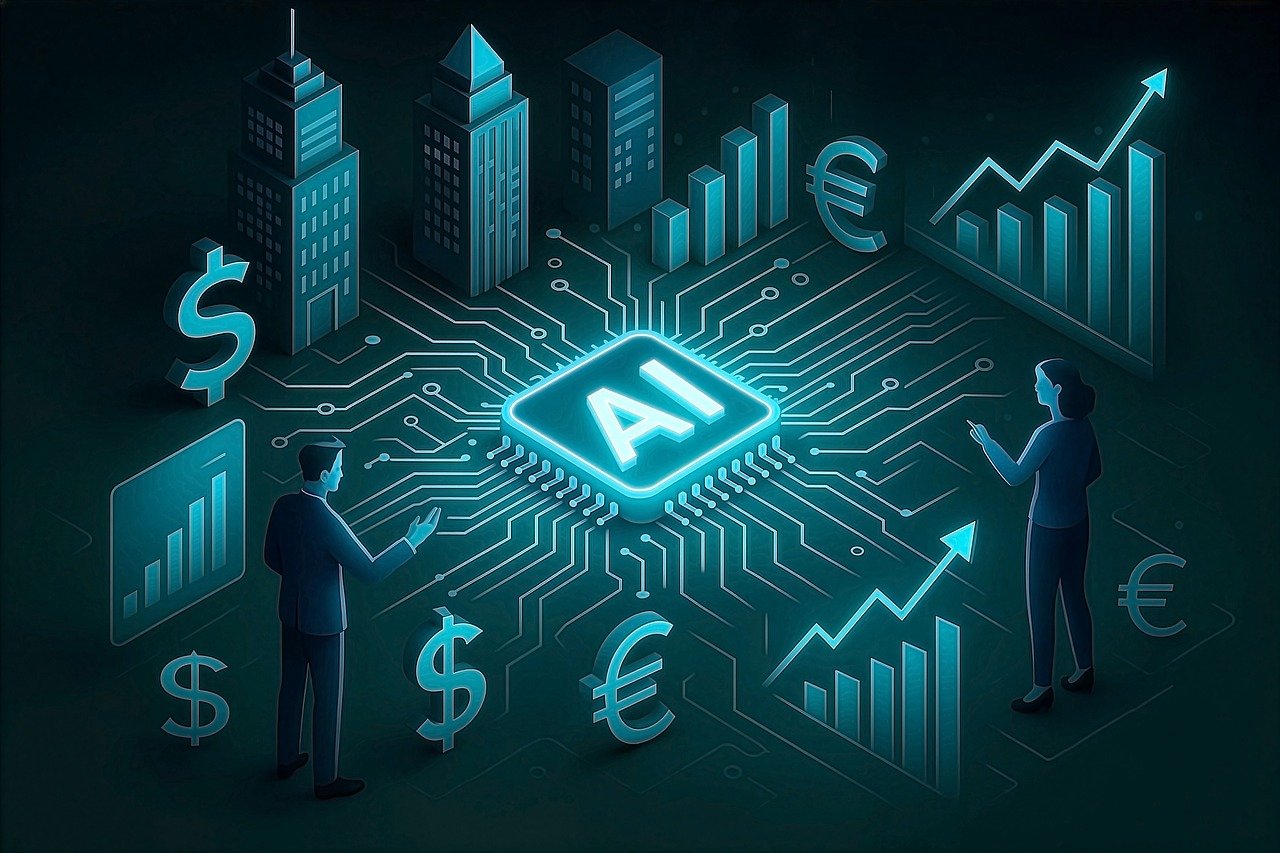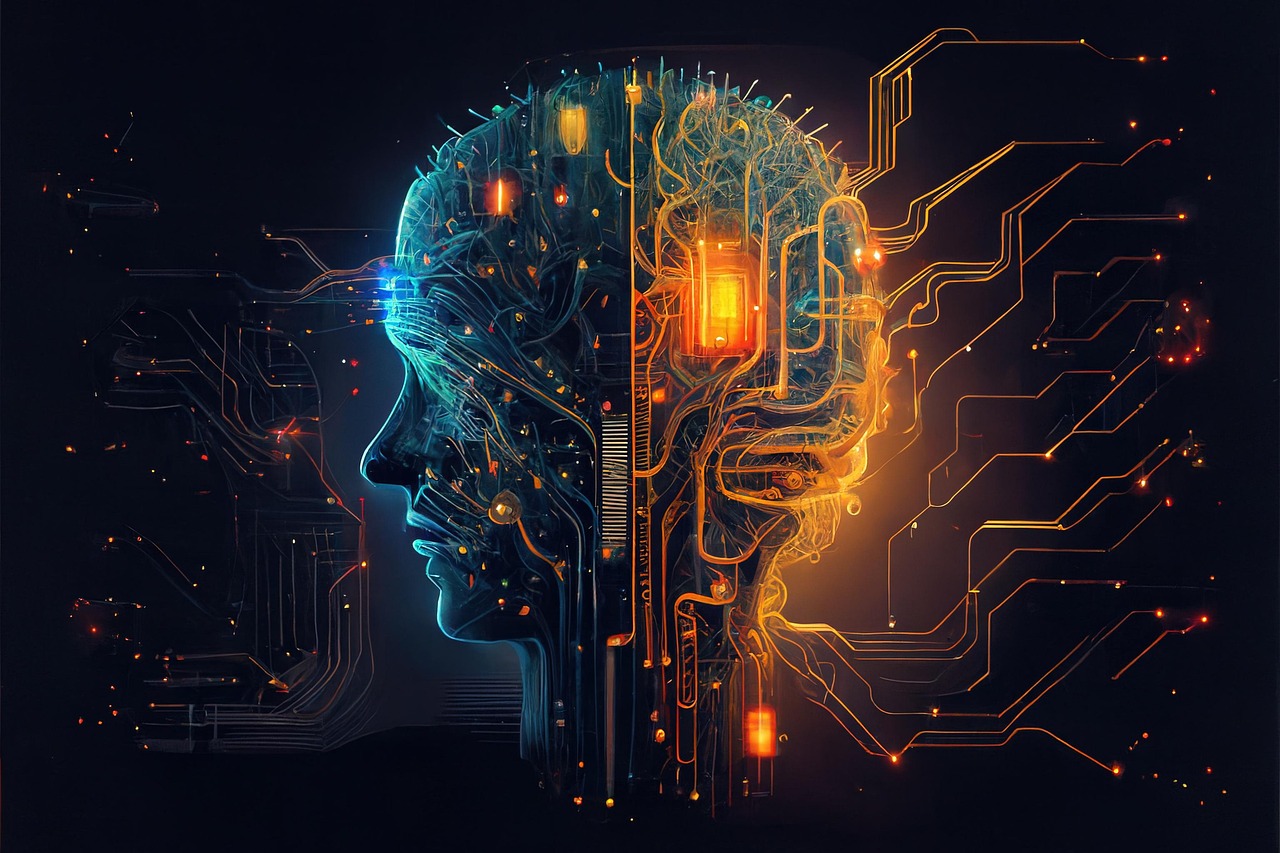Introduction
In the modern digital age, data is everywhere — from online shopping habits to social media posts and mobile app usage.
This explosion of data has given rise to a new concept called Big Data — massive, complex data sets that can’t be processed using traditional methods.
Big Data is transforming how businesses, governments, and societies function across the globe.
1. What Is Big Data?
Big Data refers to large volumes of structured and unstructured information generated every second.
It is characterized by the three Vs:
- Volume: Massive amounts of data
- Velocity: Speed at which data is generated and shared
- Variety: Different types of data (text, images, videos, transactions, etc.)
By analyzing this data, organizations can make smarter and faster decisions.
2. The Importance of Big Data
Big Data helps organizations:
- Understand customer behavior
- Predict trends and risks
- Improve services and operations
It converts raw information into valuable insights that drive innovation and success.
3. Big Data in Business
Businesses use Big Data to:
- Analyze market trends
- Create targeted advertisements
- Enhance customer experiences
For example, Amazon uses Big Data to recommend products based on browsing and purchase history, increasing sales and satisfaction.
4. Big Data in Healthcare
Big Data is revolutionizing healthcare by:
- Predicting disease outbreaks
- Improving diagnosis through patient data analysis
- Enhancing hospital efficiency and drug research
Hospitals can use data-driven insights to save lives and reduce treatment costs.
5. Big Data in Government
Governments rely on Big Data for:
- Planning smart cities
- Managing traffic and waste systems
- Detecting tax fraud or criminal activity
By analyzing citizen data, governments can create more efficient and transparent services.

6. Big Data in Education
Educational institutions use Big Data to track student performance and personalize learning.
It helps identify struggling students early and improve teaching methods.
This makes education more effective and data-driven.
7. Big Data in Finance
Banks and financial companies depend on Big Data to:
- Detect fraudulent transactions
- Assess credit risk
- Improve investment strategies
Data analysis ensures secure, fast, and accurate financial operations.
8. Challenges of Big Data
While Big Data brings opportunities, it also comes with challenges such as:
- Data privacy concerns
- Storage and management costs
- Need for advanced analytical skills
Companies must ensure data is used ethically and securely.
9. Tools Used in Big Data
Popular Big Data tools include:
- Hadoop and Spark for processing data
- Tableau and Power BI for visualization
- Python and R for statistical analysis
These tools make data analysis faster and more accessible.
10. The Future of Big Data
The future of Big Data lies in AI integration, automation, and real-time analytics.
As technology evolves, data will continue to power smart cities, intelligent healthcare, and personalized business experiences.
Big Data will become the backbone of every modern system.
Conclusion
Big Data is changing the way the world operates — from how we shop and learn to how we receive medical care.
By transforming raw information into insight, it helps build smarter businesses and better societies.
In the coming years, Big Data will remain a driving force of progress, innovation, and digital transformation across the globe.










